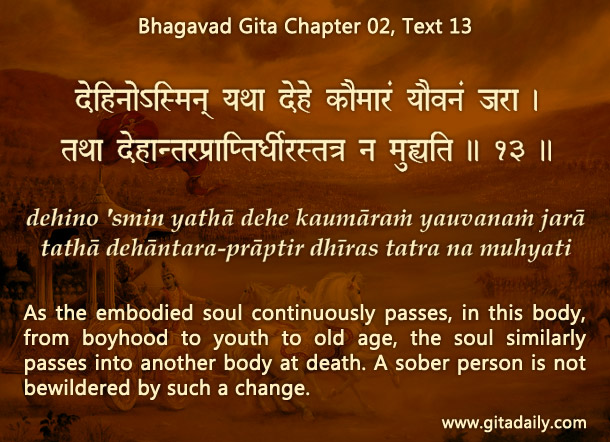Today’s materialistic worldview holds that we are just physical creatures, who will be satisfied if provided with a steady supply of sustenance, safety and sex.
Undoubtedly, certain physical resources are necessary for survival. But are they sufficient? These things are available adequately, even abundantly, in the Western world, yet people are distressed; mental health problems are becoming epidemic. Their existential emptiness indicates that we humans need something more in life.
That something more is a sense of purpose and progress. We need a sense of purpose, a sense that moving in a particular direction will bring about a worthwhile change: for ourselves, for our loved ones, for the world at large. And we need a sense of progress, a sense that with the passing of time, we are actually moving forward in a worthwhile direction.
Materialism strips our life of purpose and progress. It holds that we are just bags of protoplasm hurling unstoppably from creation to destruction. Whatever we do will be lost irretrievably at death. And death can befall us at any moment, through just a bang or a bug.
Gita wisdom offers a much more salutary worldview. Our longing for something more comes from the core of our being: our soul. The Bhagavad-gita (02.13) explains that we are non-material souls inhabiting and animating material bodies. We are on a multi-life journey of spiritual evolution. How can we solve the problems of materialism? By seeking to connect with the ultimate reality, the all-attractive supreme person, Krishna. And by striving to contribute to the world in a mood of service to him. Everything we do can further our evolution. Our existence counts, our endeavors count, we count.
A life thus infused with purpose and progress is profoundly meaningful and sublimely joyful.
Think it over:
- What indicates that we aren’t just physical beings with physical needs?
- We need a sense of purpose and progress. Explain.
- How does Gita wisdom provide us a sense of purpose and progress?
***
02.13 As the embodied soul continuously passes, in this body, from boyhood to youth to old age, the soul similarly passes into another body at death. A sober person is not bewildered by such a change.
To know more about this verse, please click on the image
Explanation of article:
Podcast:


JAPA sails you through the LIFE